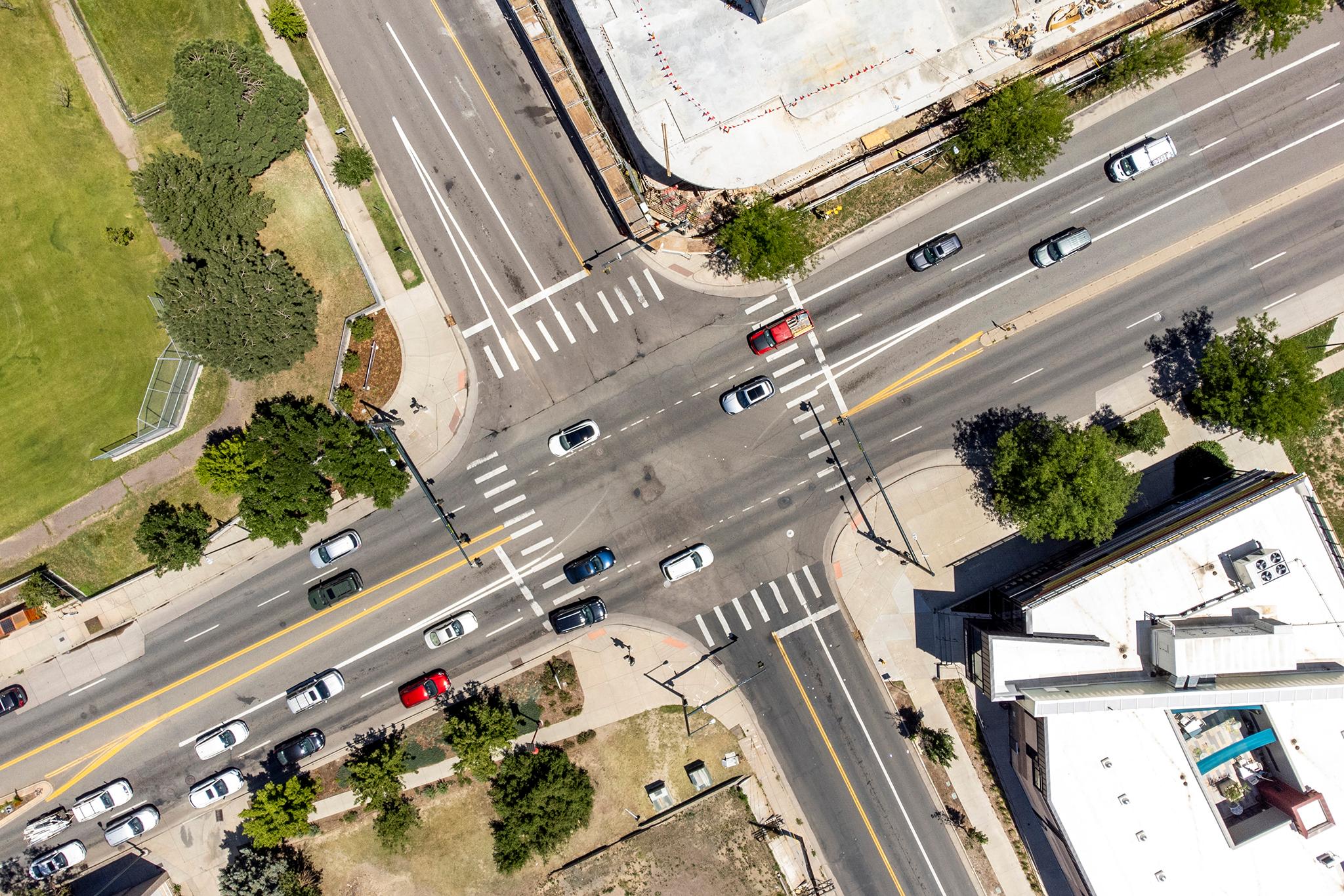In 2021, Denver launched the Connector, a microtransit program that provides free, on-demand rides to people living in areas lacking public transportation, including Montbello, Gateway, Globeville and Elyria-Swansea. In June, the pilot program reached 100,000 riders.
Now, the Connector is expanding to West Denver.
Department of Transportation and Infrastructure (DOTI) Executive Director Adam Phipps announced the news at the agency's budget hearing Tuesday. DOTI won a $750,000 grant from the Regional Transportation District to fund the expansion that will begin in 2024, plus an additional $750,000 to continue service in existing neighborhoods.
Phipps said that the expansion will include neighborhoods like Sun Valley and Valverde, but DOTI does not yet have a comprehensive list of areas that will receive the service.
"The microtransit expansion is really exciting and welcome," said Councilmember Jamie Torres, who represents neighborhoods that will get the expansion.
Still, a divide emerged between the requests of Councilmembers, many of whom asked about money for traffic safety infrastructure in their districts, and DOTI's overall budget.
For example, the city's Safe Routes to School program, which works to improve school transit safety, is getting $715,000 in capital expenses.
That amount "is pennies when we look at what we need, so that's dramatically underfunded," said Councilmember Paul Kashmann. "I would like speed tables in my district... I have been begging for them for eight years."
Meanwhile, Torres raised the idea of reimagining the city's commitment to ending traffic deaths by 2030, when deaths have only increased in recent years. Phipps acknowledged that the initiative "continues to be a challenge," with 60 people dying on Denver's streets so far this year.
Councilmember at-large Sarah Parady said the DOTI's budget fell short of the aspirations in the Denver Moves Everyone plan, the most recent in a string of city reports imagining city-wide transportation networks, without clear funding plans.
"This budget is a death toll for Denver Moves Everyone," she said.
DOTI's 2024 budget also includes a "significant investment" in replacing city vehicles.
According to Phipps, around 45% of DOTI's vehicles have passed their useful lifespan, a situation which worsened during the pandemic. Phipps also said that in 2023, DOTI had 88% of its equipment available, while the industry standard is 95%.
In addition to budgeting for vehicle replacements, the department is adding five jobs to work on vehicle maintenance. Overall, the replacement will cost the city around $29 million.
Meanwhile, revenue is down and costs are up when it comes to city transportation.
DOTI brought in less parking revenue than officials expected in the 2023 budget. Phipps attributed this to Denver's struggling downtown since the start of the pandemic (meanwhile, other city programs like free fare months and e-bike rebates aim to decrease car use). Now, part of the 2024 budget will have to backfill that 2023 projection.
"What that highlights is the importance of our revitalization of downtown," Phipps said. "We are not seeing the parking meter demand in our central business district...that we have seen prior to the pandemic."
Phipps said that parts of the 16th St. Mall, under renovation since 2022, will open in 2024.
Other costs related to transportation continue to rise. Phipps said that the price of construction on city transportation projects has grown 100% since 2012. Meanwhile, new composting programs have driven up the price for compost processing up 300%. The cost of things required for snow removal, like sand and de-icer, has gone up around 30%.
Phipps said that in many cases, the city has been able to take advantage of state and federal dollars available for transportation to account for the rising costs of some projects, citing state priorities and the Biden administration's Bipartisan Infrastructure Act.
"Nearly every single one of these investments is matched dollars or local match as it relates to a federal or state grant, so we are leveraging other people's money to the greatest extent that we have as a department," he said.













